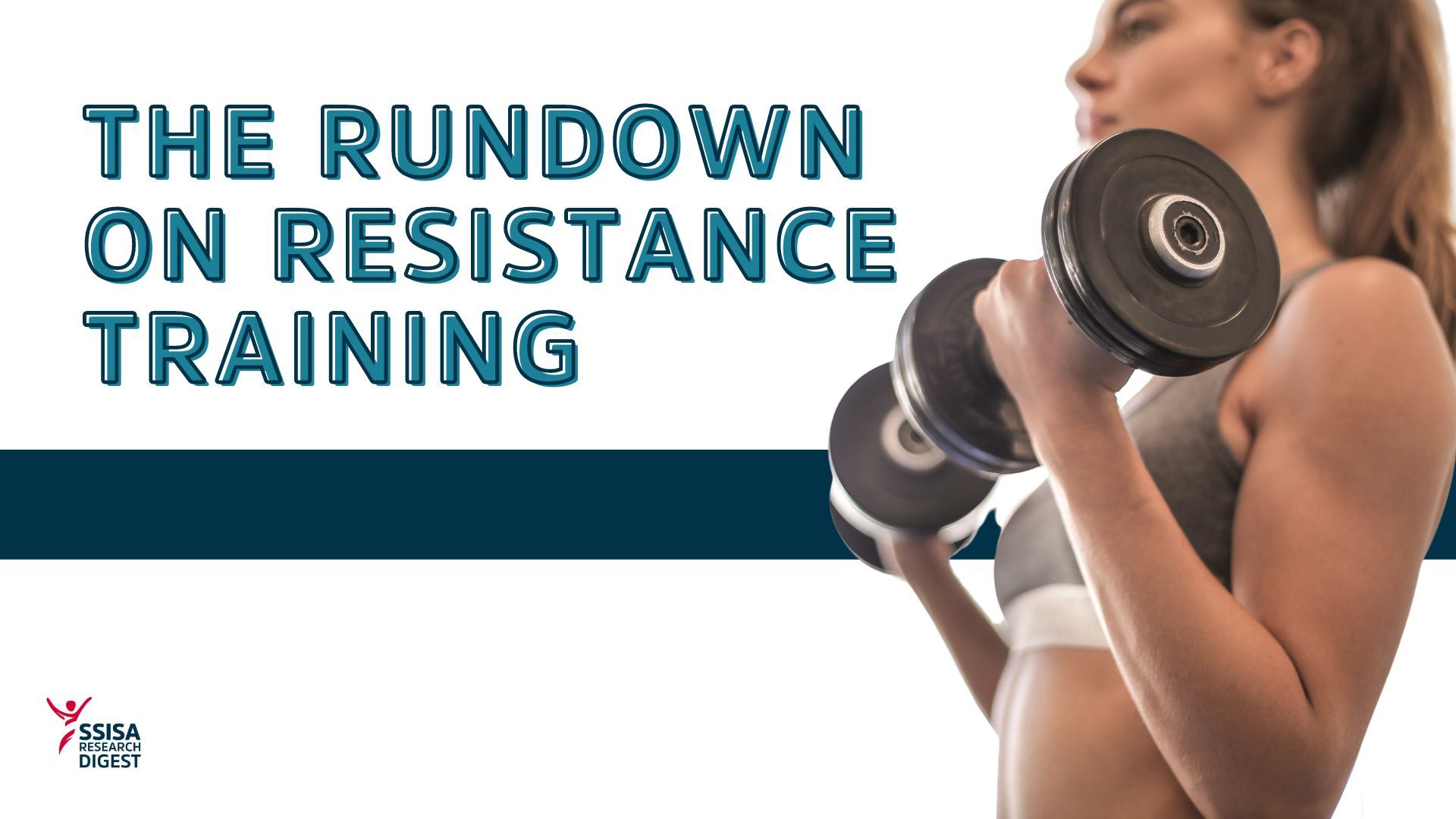How do athletes cope during periods of no training?

The holiday period, typically associated with merriments, festivities, and excess, can pose distinct difficulties for sportspeople. Surrounded by the lure of scrumptious fare, the appeal of prolonged relaxation, and the demands of family commitments, athletes must strike a crucial equilibrium between recuperation, objective setting, and savouring the moment. Although the prospect of an extended break may seem enticing, it is essential for athletes to acknowledge the significance of dynamic rest during this period.
The key to thriving during the festive season is an athlete's ability to strike a harmonious equilibrium between indulgence and discipline. Nutrition plans need to be personalised to the individual athlete, taking into account the specificity and uniqueness of their sport, performance goals, practical challenges, and food preferences. Striking this balance can be a daunting task, but with a well-crafted strategy, athletes can emerge from the rejuvenated festive season both physically and mentally.
Maintaining Fitness During the Holidays
To thrive during holiday periods, athletes must strike a balance between indulgence and restraint. Personalised nutrition plans should be developed for each competitor, taking into account the specific demands of their sport, performance goals, practical constraints, and personal food preferences. While achieving this equilibrium may prove challenging, a carefully crafted strategy can enable sportspeople to emerge from the festive season feeling invigorated, both physically and mentally. Moreover, athletes should be aware of their energy availability, which takes into account the balance between energy consumption and energy expended during exercise. This key principle forms the foundation for effective sports nutrition strategies, allowing athletes to sustain their physical fitness without jeopardising their overall well-being.
Navigating the Festive Landscape
As the festive period approaches, bringing with it numerous temptations, sportspeople must be cautious in safeguarding their long-term athletic performance in the long run. A well-balanced diet is crucial for athletes, providing them with the necessary energy and stamina for intense workouts while also enhancing their resistance to illnesses and injuries. Sports nutrition experts play a vital role in assisting athletes in navigating the complexities of proper nourishment. Their guidance covers various aspects, including food composition, optimal timing of nutrient consumption, the appropriate use of dietary supplements, and the preservation of energy balance (1–3).
Competitors should be cautious about the risks associated with quick weight reduction methods, as these can negatively impact athletic performance and general health. Rather than resorting to such approaches, sportspeople would benefit more from establishing a nutritional plan that enhances optimal physical fitness and mental fortitude, thus ensuring that they are adequately prepared to meet the challenges of their chosen sport.
The Importance of Goal-Setting and Being Present
The holiday season provides athletes with a welcome break from their demanding training and competitive schedules. However, it is crucial to maintain the focus and motivation during this period. By establishing specific and attainable objectives, sportspeople can ensure that their time away from their discipline is productive, enabling them to resume training with renewed energy and enthusiasm. Furthermore, the holiday season provides athletes with unique opportunities to bond and engage with loved ones. Spending time with family and friends can greatly improve an athlete's mental well-being, fostering a sense of balance and rejuvenation that may positively impact their performance in sports.
To sum up, athletes must strike a fine balance between recuperation, objective setting, and enjoying the holiday season. By focusing on active relaxation, adhering to their dietary plans, and fully engaging in a festive atmosphere, sportspeople can come out of this period more robustly, both in body and mind. This approach makes them better prepared to tackle their aspirations the year ahead.(1–4).





